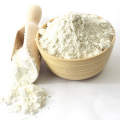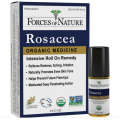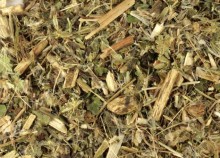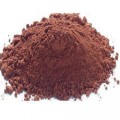 Loading... Please wait...
Loading... Please wait...- Home
- About Us
- Shipping, Returns & FAQ's
- Contact Us
-
For Your Information
- Canadian Customers Have a Choice if Shipping Via UPS
- Aura Cacia Homemade Aromatherapy Recipes
- Bella Nella Altered Art & Paper Crafts Blog
- Forms of Herbal Preparations
- Laundry Tips To Conserve Energy Blog from The Laundress
- The Story of Frontier Natural Products Co-Op
- Sovereign Silver Hydrosol and Aloe Protocol Stops Downward Spiral of Gut Dysbiosis
- Disclaimers
- Recommended Links
- RSS/Recent News
- The Story of Typhoon Housewares
- Reviews/Testimonials
- Raw Ingredients for Mfg
Boneset Herb Wildcrafted Bulk
Product Description
This member of the aster family was widely used by Native Americans, who referred to the herb as ague weed. European settlers learned how to use the plant from the Menominee, Delaware, Mohegan, Iroquois and Cherokee, all of which who made infusions of the leaf and bark whenever fevers broke out. In fact, the common name for this plant likely came from its use in the colonies to counter dengue fever, a mosquito-transmitted viral infection known as break-bone fever at the time. The herb was so depended on in the 19th century that it travelled with soldiers into battle during the Civil War.
The tannins and alkaloids in this herb lend astringent properties, which makes boneset suitable for various topical applications.
The leaf, stem and flowers are made into a tea or tonic, usually with other herbs to temper bitterness.
Active Compounds: immunostimulatory polysaccharides, sesquiterpene lactones such as eupafolin, eufoliatorin, helenalin, eucannabinolide, euperfolitin, eufoliatin, euperfolide, rutin, eupatorin, kaempferol, quercitin, astragalin, hyperoside, sterols, dendroidinic acid, volatile oil, diterpenes, flavonoids, hebenolide
Very bitter flavor despite mild odor. Flavor improves with mildly grassy or sweet-tasting herbs added.
Precaution: Toxic in high doses. Do not use during pregnancy or if you have a known allergy to plants in the daisy family.
Botanical Name: Eupatorium perfoliatum
aka: agua weed, Indian sage, hemp weed
Origin: Europe/USA
Notes: Star K Kosher Certified. Non-irradiated. Non-GMO. Vegan. Bulk sold and labeled as for further manufacturing. Individuals must exercise their independent judgment in determining its appropriateness for a particular purpose or use. As with any manufacturing process, we suggest a small, lab-scale manufacturing for evaluation purposes prior to full commercial manufacturing.
Specifications are subject to change without notice.
You Recently Viewed...
Currency Converter
Choose a currency below to display product prices in the selected currency.




























